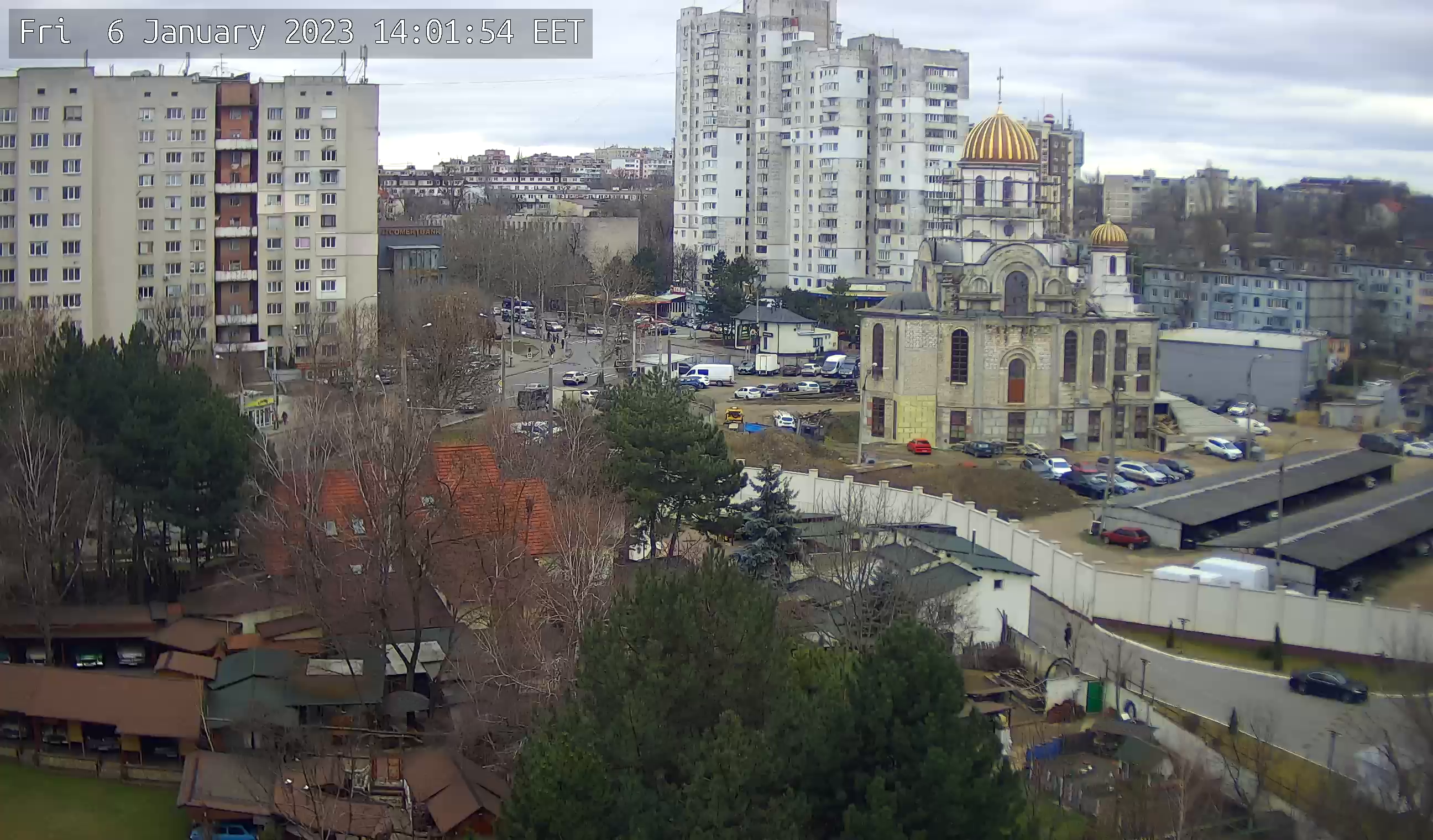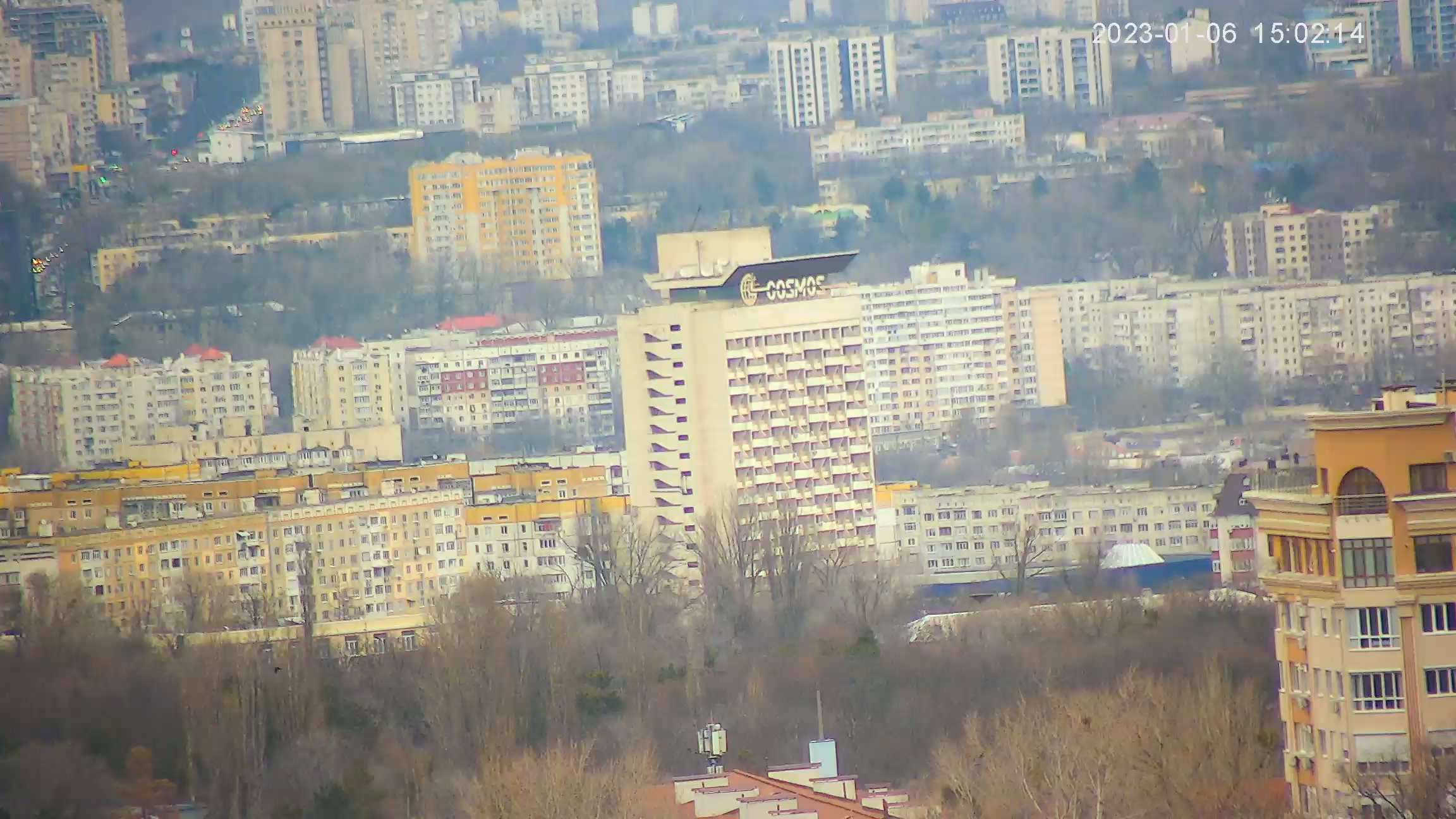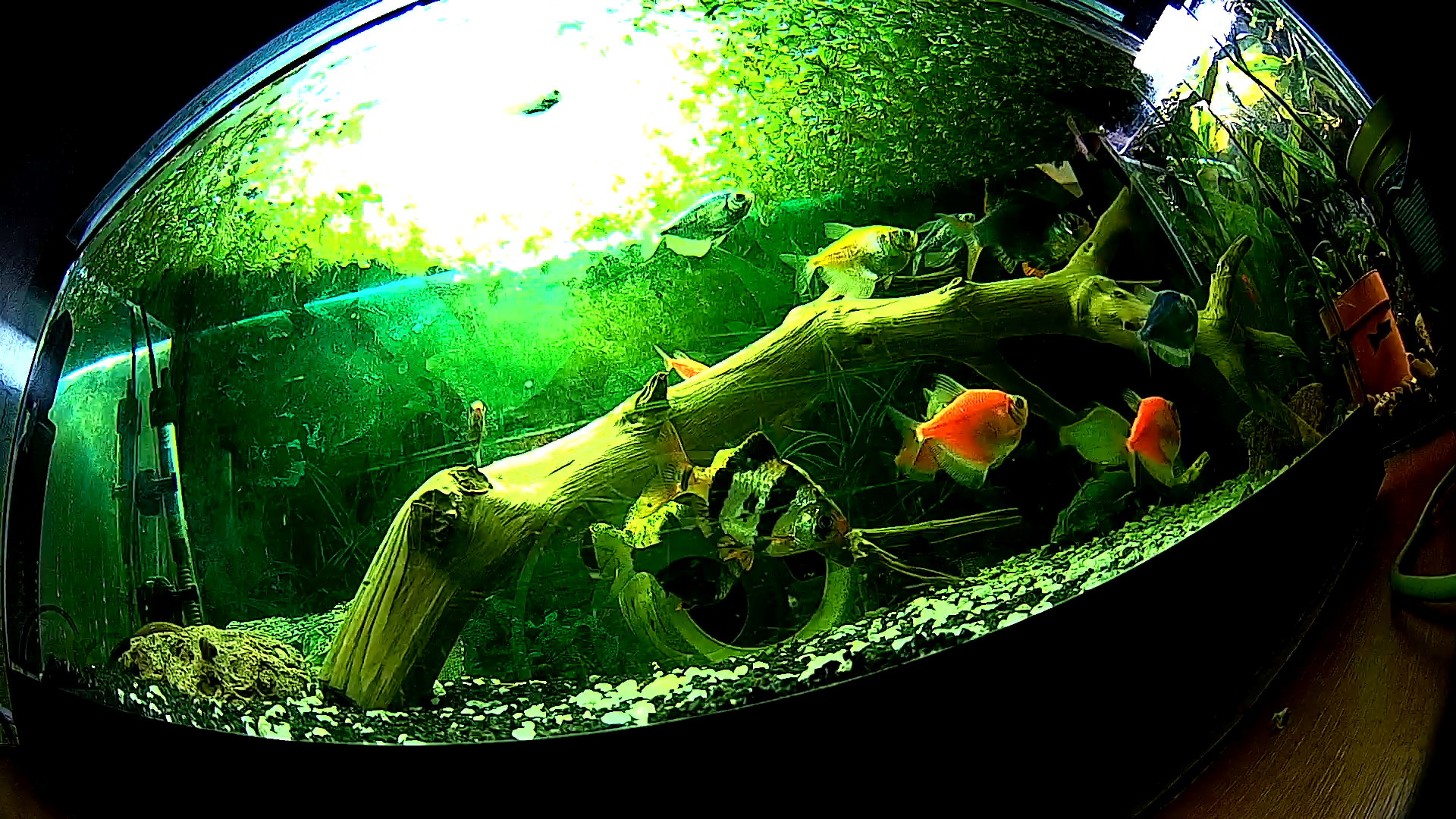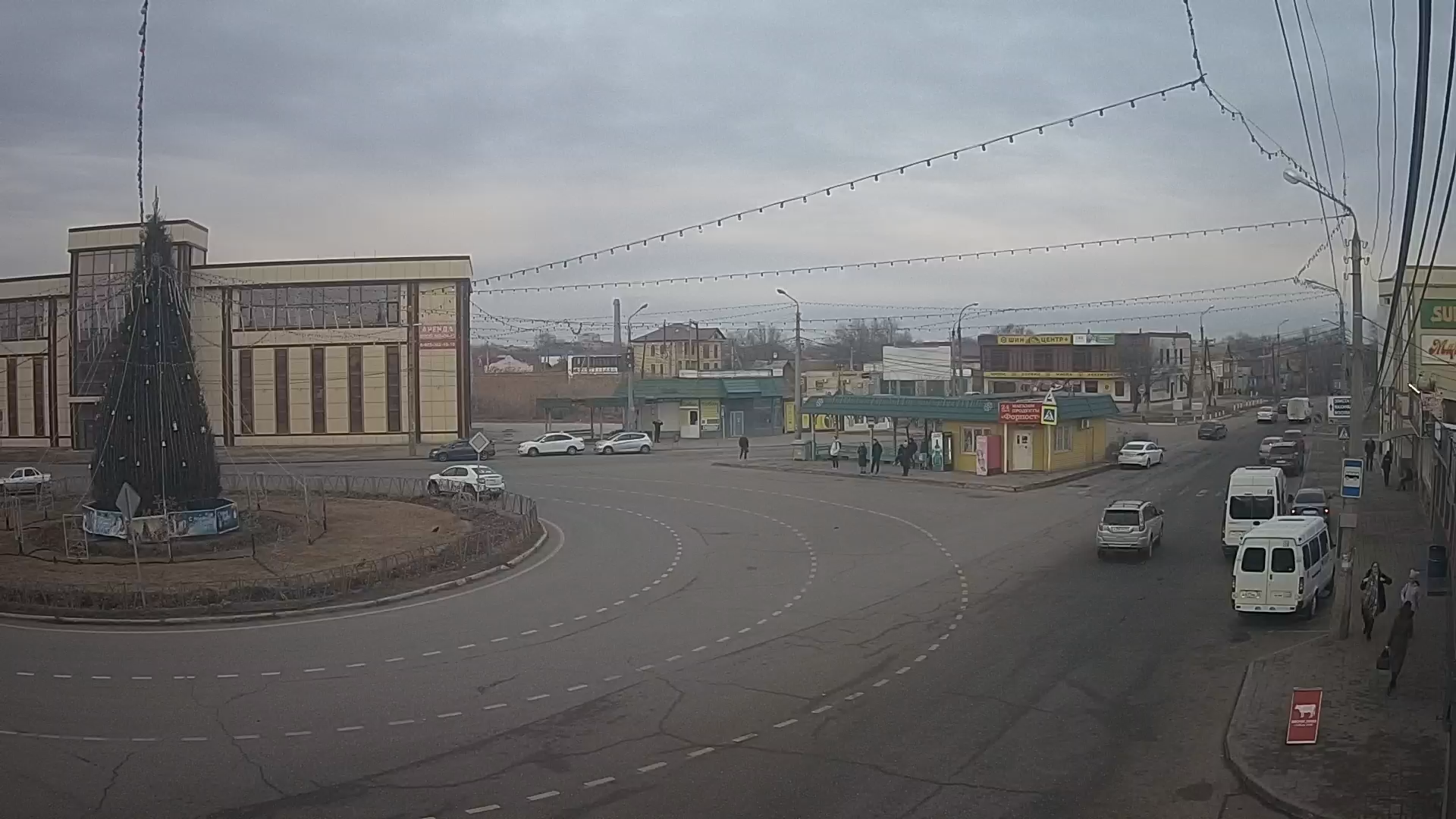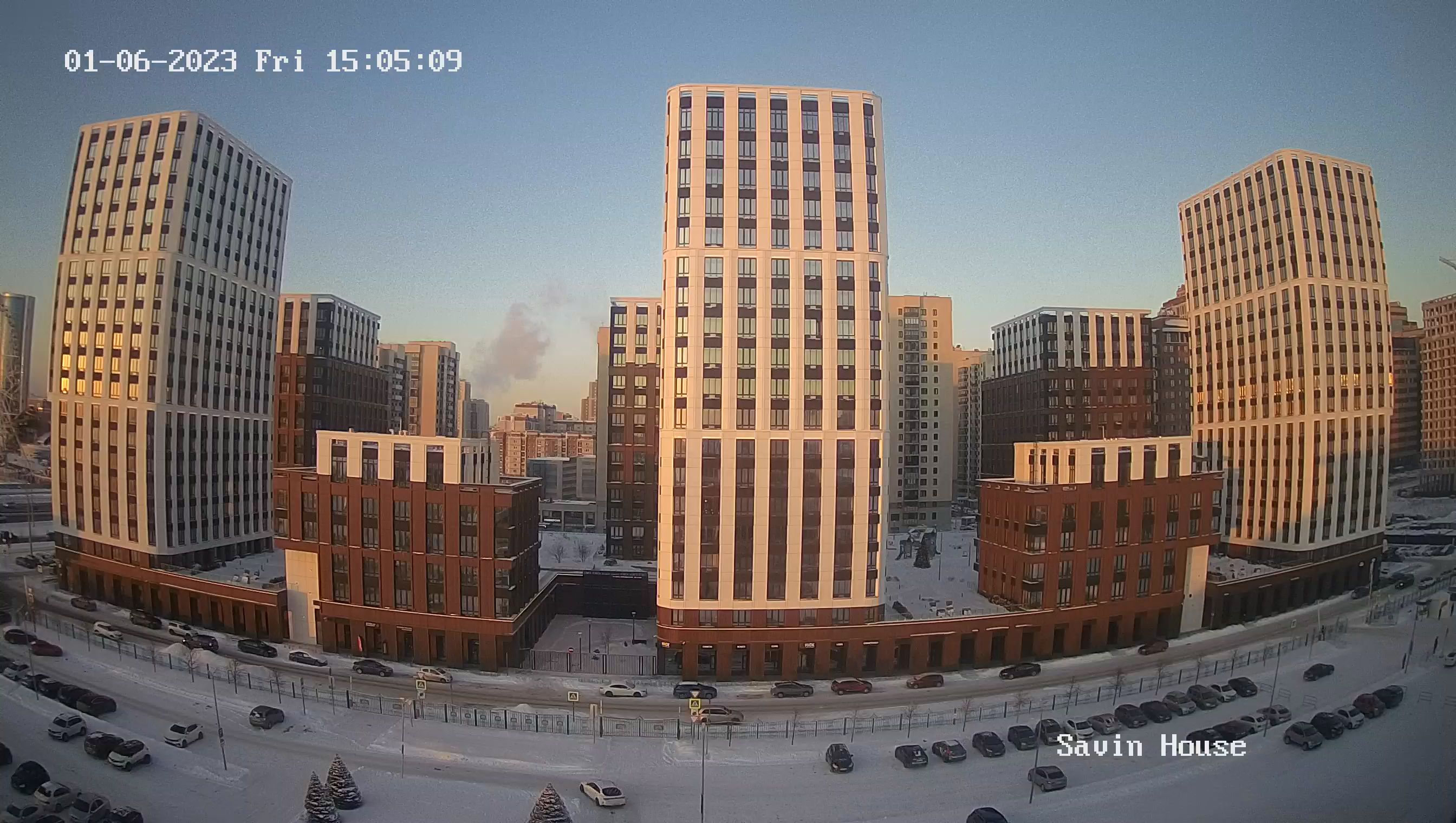Macau online camera. Ferreira do Amaral Square
Macau is a special Administrative Region in China, which is not without reason called the Chinese Las Vegas. Macau ranks first in the world in terms of revenues from gambling.
While gambling has come to the forefront, monuments of Christian-colonial culture were declared World Heritage Site by UNESCO in 2005. There is an abundance of such curious mixtures of antiquity and ultramodernity, pomp and poverty, province and metropolis, European and Sino-American today Macau has to offer.
Macau consists of the peninsula of the city itself (9 square kilometers), which can be explored on foot in two hours, and the islands of Taipa and Coloane, which are connected to each other by earth mounds. Non-Chinese citizens make up only 5% of Macau's population. The inhabitants are called "Macanese"; but in a narrow sense the word means old-timers of Portuguese or Portuguese-Chinese descent.
Macau was founded in 1557 as a Portuguese trading and missionary settlement. It played an important role in the consolidation of Christianity in the Far East. After the founding of Hong Kong, the city fell into a kind of Sleeping Beauty's slumber - the shallow waters around it prevented large ships from entering the port. After the Second World War, the gambling industry breathed new life into Macau, at first things were shaky and unsteady, but gradually the dynamics of development in the Zhujiang delta became very strong, and Macau began to acquire a completely new features. Two important milestones were the airport in 1995 and the handing over of Macau to China in 1999. Since then, Macau, like Hong Kong, has been a special administrative region of China, with its own currency (and left-hand traffic).

